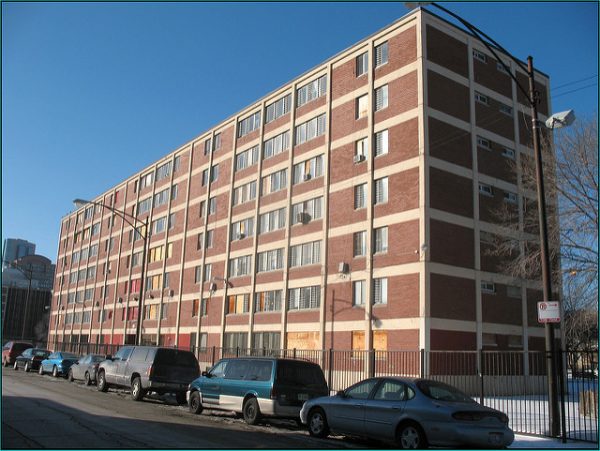
Earlier this year, the Trump administration proposed legislation that would significantly raise rents for people who rely on subsidized housing from the Department of Housing and Urban Development. In addition to concerns about an increase in homelessness, new research by Andrew Fenelon, Natalie Slopen, Michael Boudreaux, and Sandra Newman shows that this policy may also have a detrimental effect on children’s mental health.
Fenelon and colleagues used housing assistance records from the U.S. Department of Housing and Urban Development (HUD) to compare 1,967 children currently receiving housing assistance — either living in public housing, multifamily housing, or using housing vouchers — to those set to receive housing assistance in the next two years. This setup allowed researchers to compare children receiving housing assistance with others in similar socioeconomic situations. Researchers then linked this data to measures of children’s mental health, specifically whether children likely had any socioemotional problems over the past six months.
The study found that children currently receiving housing assistance had better mental health outcomes than those on the waiting list. However, this was only the case for children living in public housing, not those living in multifamily housing or using housing vouchers. While the researchers did not specifically study why this is the case, they suggest public housing may provide social stability for children by giving families greater access to social ties and networks. In other words, both stability and community may be necessary to support children’s mental health.

Comments